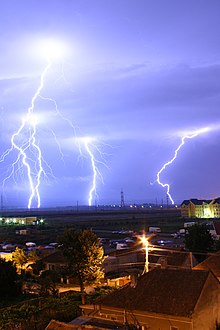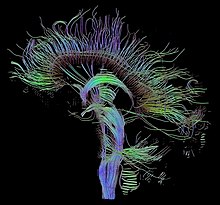Check out this NYT 360 degree video on space bending geometry!!!
Philosophy, literally from the Greek, "the love of Wisdom" is your journey to self-knowledge..through speculation on the world, interaction with your fellow human beings in dialog; and making independent judgments on life, love, and family. As Socrates says in Plato's dialogue Apology, "The unexamined life is not worth living."
Sunday, August 27, 2017
Thursday, August 24, 2017
C S Peirce America's Greatest Mind.
Here is C. S. Peirce's notion of the role of chance in the Universe....
The Law of Mind (1892)[edit]
- First published in The Monist Vol. II, No. 4 (July 1892), p. 533

A serious student of philosophy will be in no haste to accept or reject this doctrine; but he will see in it one of the chief attitudes which speculative thought may take, feeling that it is not for an individual, nor for an age, to pronounce upon a fundamental question of philosophy. That is a task for a whole era to work out.

The tendency to regard continuity, in the sense in which I shall define it, as an idea of prime importance in philosophy conveniently may be be termed synechism.
- In an article published in The Monist for January, 1891, I endeavored to show what ideas ought to form the warp of a system of philosophy, and particularly emphasized that of absolute chance. In the number of April, 1892, I argued further in favor of that way of thinking, which it will be convenient to christen tychism (from τύχη, chance). A serious student of philosophy will be in no haste to accept or reject this doctrine; but he will see in it one of the chief attitudes which speculative thought may take, feeling that it is not for an individual, nor for an age, to pronounce upon a fundamental question of philosophy. That is a task for a whole era to work out. I have begun by showing that tychism must give birth to an evolutionary cosmology, in which all the regularities of nature and of mind are regarded as products of growth, and to a Schelling-fashioned idealism which holds matter to be mere specialized and partially deadened mind.
Sunday, August 13, 2017
Subscribe to:
Posts (Atom)





